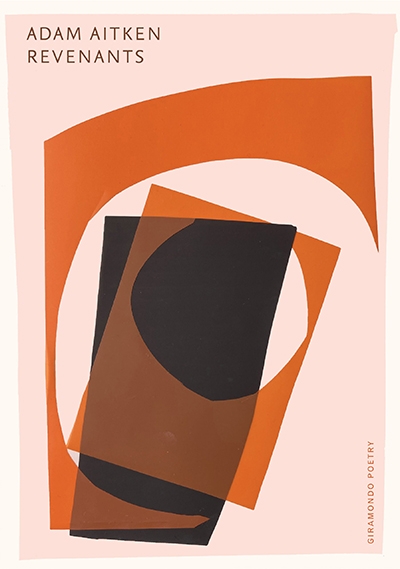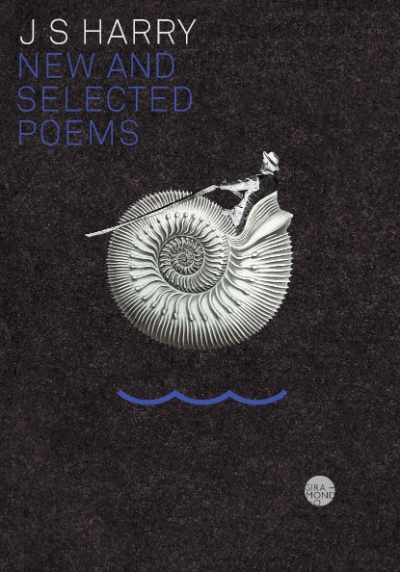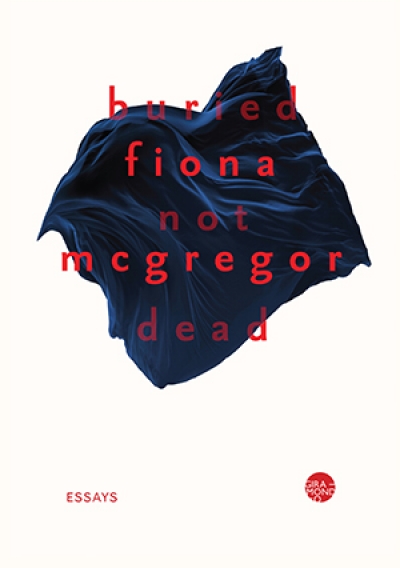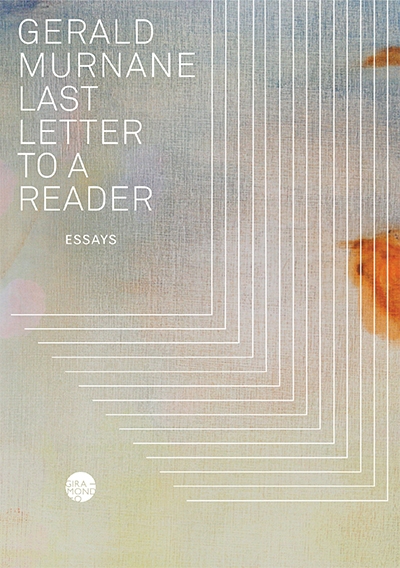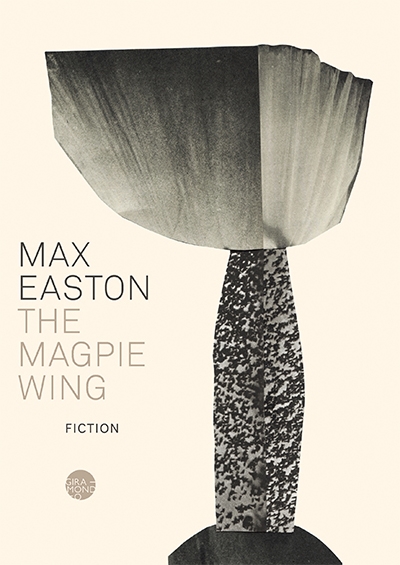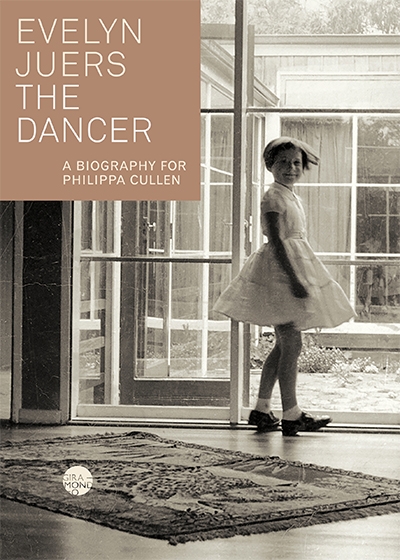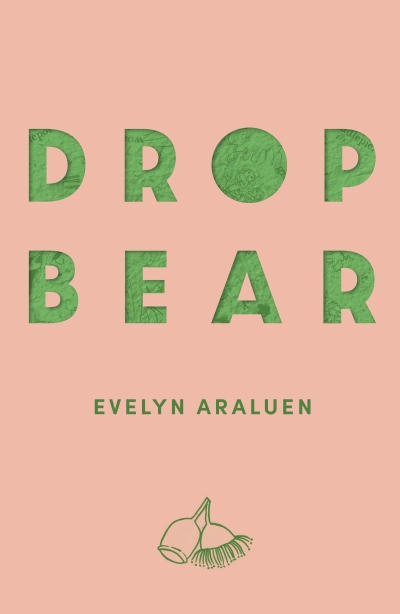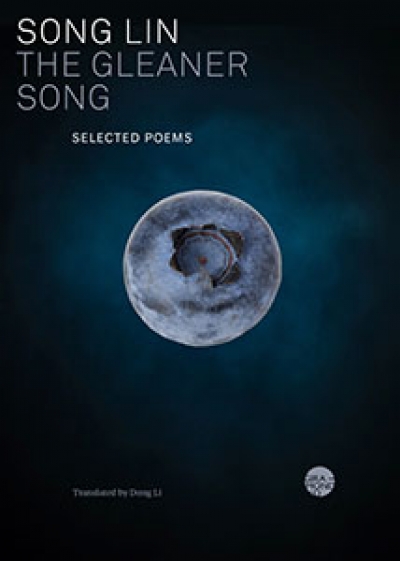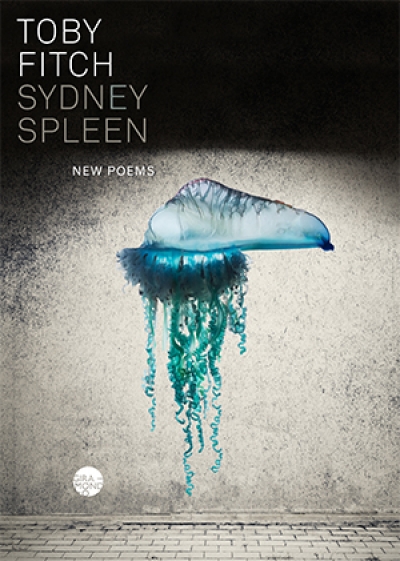There is a moment of reflexivity in Evelyn Araluen’s diary poem ‘Breath’, in which the poet, thousands of kilometres away, follows news reports of bushfires ravaging Australia, including the Dharug Country where she grew up. ‘I’ve started a book which seeks to tease the icons of Australiana that have been so volatile to this country. They, too, are burning,’ she writes. Several reviewers have focused on this dimension of Araluen’s début. Dropbear contains many poems that excoriate the tropes of colonial literary kitsch. This genre takes native vegetation and wildlife, and Aboriginal people, and transforms them into the cute, the twee, or the fearsome. Dropbear responds to May Gibbs’s Snugglepot and Cuddlepie, Dorothy Wall’s Blinky Bill and Nutsy, D.H. Lawrence’s Kangaroo, and Banjo Paterson’s poems and diaries, among other texts and films. In a scholarly essay (2019) that addresses the legacy of Edward Said’s Orientalism, Araluen has argued that we still underestimate ‘literature’s power to operate as a force of imperialism’. For the Bundjalung poet and academic, the personal in poetry is inseparable from the political – as well as from the historical and the literary-historical.
...
(read more)

